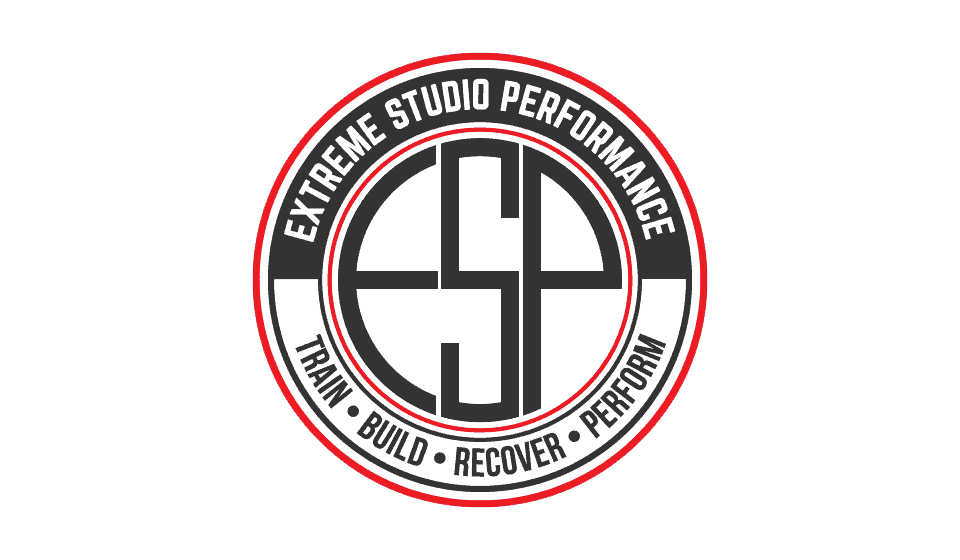
A Brief History (Better living through science since always)
Nutritional supplements have been used throughout history by every civilization for the same reasons we now use them; prevent disease, cure disease, increase performance, improve body image, etc. This is why we have ancient traditional institutions like Chinese medicine and Ayurvedic (Indian) Medicine that are now being used as the basis for many supplements. Their methods are still used today in regard to what parts of plants should be used for extracts and the administration of the extracts.

Greek athletes and warriors constantly ingested plant and animal extracts to increase virility and performance in the ring and on the battle field. You could say they even started the trend of using steroids as they searched for ambrosia, the elixir of the gods, to create invincible beings of mortal men and women. Even the big technology driven pharmaceutical companies of today derive many of their compounds from plant and animal extracts making most drugs just over hyped, over priced supplements. The break between pharmaceuticals and nutritional supplements comes from Dietary Supplement Health and Education Act (DSHEA) passed in 1995, under which the FDA essentially treats supplements as if they were foods. DSHEA defines nutritional supplements as products taken by mouth that contain an ingredient intended to supplement the diet. Those ingredients could include vitamins, minerals, or natural biological substances such as enzymes, proteins, fats, and carbohydrates. They can come in a variety of forms, including extracts and concentrates, and as tablets, capsules, powders, or liquids. Drugs, on the other hand, are legally defined as substances intended to diagnose, treat, or prevent disease.
Remember, we are not the first society or civilization to use supplements; we just have better equipment to with which to study and manufacture them at this point in history.
A Basis for Supplementation (Too much of a good thing can be bad)
Nutritional supplements are just that; supplements. They are derived from the ground in which we grow our food, the herbs with which we season our food, and the plant and animal life surrounding us that we use for food, energy, and clothing. These nutrients are small pieces of whole substances and as such can never replace the substances from which they are derived. They should be used to fill dietary gaps of nutrient supply due to the lack of available food items or the lack of quality nutrient dense food items. They should also be used to enhance the effects of nutrient dense food items. Caution should be taken however; some supplements can and will counteract and nullify the actions of other needed nutrients causing negative effects in your body. Notice that nutrient dense food items always come first in priority as they are the source of the supplements available now and nutrients not yet “discovered” that will become supplements in the future. Remember, no matter the quality or quantity of supplements you take they will never add up to the whole substances from which they are derived and sole reliance upon them will lead to diminished health rather than optimal health.
Remember, whole foods are the source of all the nutrients we need. Start with the best source possible and then fill in what may be lacking.
Looking for Quality (It is what’s in the package that counts)
Every company will tell you they make the best, most advanced, most complete, highest quality, clinically proven product on the market in their ads, on their packaging, and through their sales people. However, when you look past the market research driven packaging and the cleverly written product description used to grab your attention and money the quality of raw materials, amounts of raw materials, and manufacturing processes used to produce that product are all that matter. While tracking down the sources of the raw materials used can be very tough to do manufacturing processes are much easier to discern. Looking for key visuals aids like seals of approval including GMP, NNFA, USP, USDA Certified Organic, Non-GMO, OU, CL, and ORAC (all seals are on the resources page). These seals serve as standards of excellence for manufacturing and in many cases raw materials within the nutritional industry. The U.S. Pharmacopeia (USP), a private nonprofit group that sets standards for pharmaceuticals in the U.S., has a verification program to ensure that supplement manufacturers meet certain guidelines. Products that get the USP seal are also subject to random off-the-shelf tests. A few organizations like the National Nutritional Foods Association (NNFA), ConsumerLab.com (CL), Good House Keeping (GHK), and Orthodox Union (OU) also issue seals, but you should check the organizations’ Web sites to find out exactly what their criteria are. Luckily more supplement companies are starting to adopt some of these standards and will have to within the next 2 years under new FDA guidelines.
Remember, a pretty package sometimes just means more money has been put into marketing a cheap product than making a quality product. Do not compromise quality for the prestige of a pretty package or the name on it.
Testing for Quality (labels can lie, tests don’t)
Large national companies usually get a pass on the public questioning their quality standards because ‘They are too big to have bad quality standards’. The problem with that statement is that as companies grow they must find ways of increasing their profits. Normally that comes at the expense of product quality either by using cheaper raw materials, less raw material, or in some cases spiking initial batches of new products with illegal substances to get dramatic results before a product can be tested. When a company uses cheap or low quality raw materials they are normally sourced from China or India and due to lower manufacturing standards in those countries many times they will contain higher amounts of heavy metals and other toxins. When a company uses lesser amounts of raw materials than before the packaging and serving sizes will shrink or they will just try to get away with adding in more fillers than real raw materials. Don’t kid yourself, it happens; especially during times of economic downturn. Spiking of products is normally only found in the sport supplement categories of fat burners and muscle builders. You know it’s happened when a new product comes out and the first people that try it get amazing results taking the first 2-3 bottles and then all those results stop immediately on the fourth bottle or if the company brings out a new version very quickly. Reliable information about quality nutritional supplements can be found through the National Institutes of Health, the National Center for Complementary and Alternative Medicine, and Memorial Sloan Kettering Cancer Center. Consumer Reports Health subscribers have access to Natural Medicine Ratings provided for consumers by the Natural Medicines Comprehensive Database and ConsumerLab.com does random testing of products throughout the year.
Remember, trust only the numbers of a third party test and the wisdom of an impartial guide as you chose the products that will build your new body day after day, month after month, and year after year.
